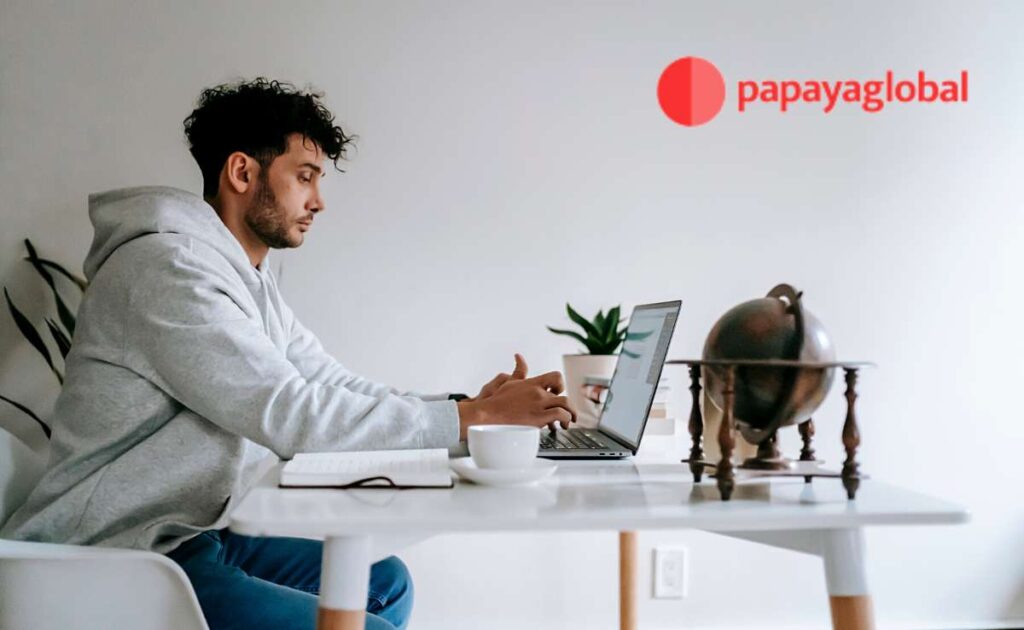Papaya Recent Funding
With participation from Sequoia Capital, Acrew Capital, 01 Advisors, Mucker Capital, Fika Ventures, F-Prime, and Sound Ventures, Papaya today announced it has raised $50 million in a Series B round of fundraising.
Bessemer Venture Partners served as the round’s lead investor. Since its founding in 2016, the previously unnoticed company has raised a total of $65 million.
The goal is to make it easier for users to pay their bills. They are able to do this thanks to their payments API and computer vision.
In the United States, millions of users and “hundreds of thousands” of businesses and organisations utilise Papaya to process payments. In addition to the mobile app, the business uses paper statements and embedded widget technologies to interface with its partners’ invoicing procedures.
About Papaya
Papaya is a startup with a focus on doing just that, and it is situated in Los Angeles. It has created technology to allow customers to pay their bills in alternative ways, such as online bill payment portals, the phone, or the mail, in addition to conventional ways.
With the use of artificial intelligence, the company’s “bill-understanding technology” ensures that any bill is paid when consumers take a photo of it using its smartphone application (after a user has provided payment details, of course).
To illustrate the point, Papaya’s CEO and co-founder Patrick Kann gave a Zoom demonstration of how the company’s app could still scan the necessary portions of an invoice even after it had been torn into a few pieces to ensure payment.
The Avoidance Of Late Payments
Small firms typically find it difficult to afford to cover the difference for an extended period of time, making late payments a particular difficulty. According to a 2021 YouGov study, over 30% of small firms have postponed recruiting new employees, buying inventory, or cutting employee hours as a result of late payments.
More than 58% of businesses said they would invest in expanding their operations or speed up loan and credit line repayments if they were paid more rapidly, according to survey respondents.
Payments For Bills Using AI
Jason Meltzer and Patrick Kann created Papaya in Los Angeles, California, in 2016. Meltzer worked at iRobot, where he oversaw the creation of the computer vision technology that powers the Roomba, whereas Kann had experience in banking and had prior employment at the World Bank and Idealab.
Because of her upbringing in Brazil, Kann explained to VentureBeat via email, “I got passionate about giving back to the community and building significant enterprises to benefit people. Growing up in Brazil made me sensitive about my good fortune to acquire a quality education.
“I couldn’t believe how difficult it was to transmit bill payments when I relocated to the U.S. compared to Brazil, where every bill has a barcode and you can pay through a single, centralised online system.
Conclusion
Papaya has raised $50 million for its business, which is centered around the use of computer vision. The goal is to make it easier for users to pay their bills. They are able to do this thanks to their payments API and computer vision.
Their computer vision is able to convert images from documents and receipts into accurate data that can be used by the API. This way, users can make payments without having to manually enter information. They can just download the Papaya app and take a picture of the document.
Faqs
Papaya is bank-level secure, HIPAA and PCI compliant. Additionally, the Better Business Bureau has accredited us. Payments can be made instantly; the majority are completed in less than 24 hours. As long as your merchant accepts it, you can pay using any payment method, including a bank account, credit card, debit card, or FSA/HSA card.
Users are not charged for the app, and Papaya does not impose any “additional” fees on retailers. Instead, it receives a portion of the money that merchants must pay as interchange fees in order to process credit cards.
Anyone can use the free Papaya app to pay any bill, including parking fines, charitable contributions, and medical expenses. An individual uses the app to take a picture of a bill after downloading it to a smartphone or tablet. The picture includes the invoice amount, account details, and the due date.
Regarding privacy, Papaya claims that all user information and payment methods are securely preserved. “Occasionally, we only use the bill image to enhance our computer vision software… In order for our technology to advance over time, some of our engineers may have access to certain elements of the bill.
